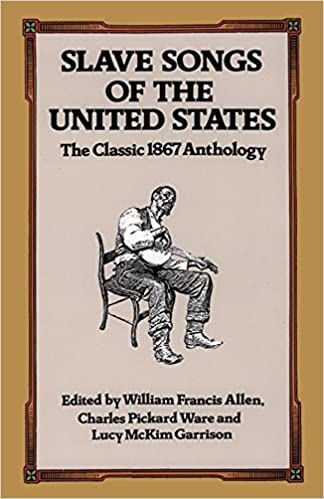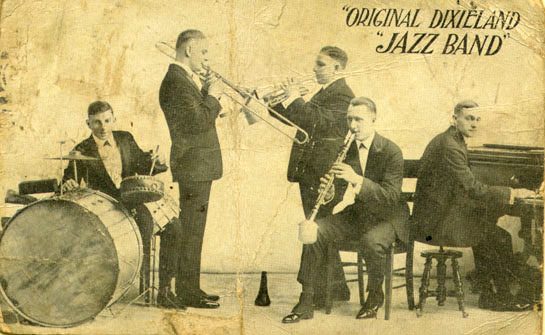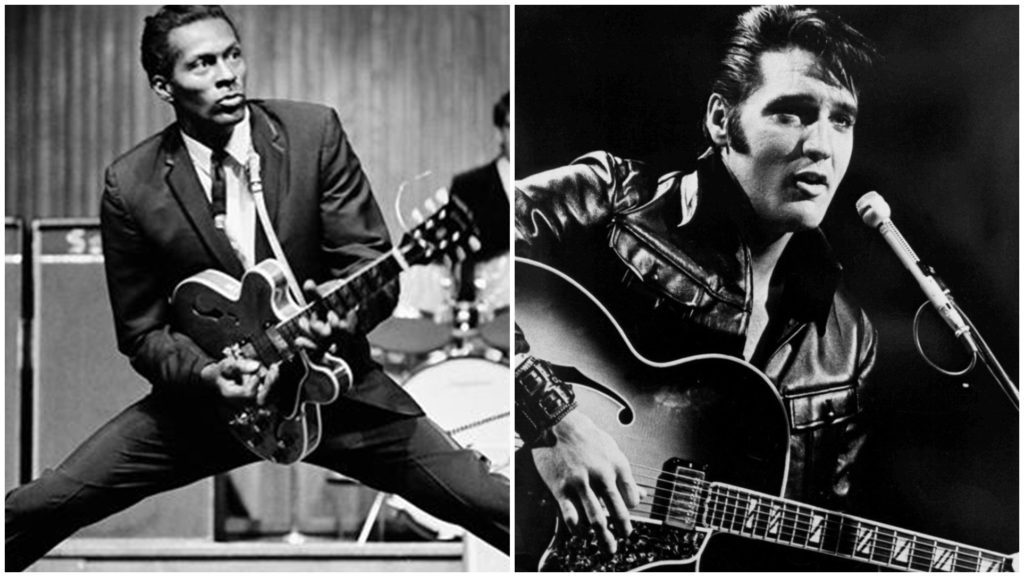Commodification is taking something (that at some point did not have economic value) and making it into a commodity, or something of economic value. White Americans have been able to take different aspects of the black American experience and commodify it. Black music is one of those aspects. Historically and still today, white people have been able to profit off of our expression, our pain and our culture.

Negro Spirituals are religious folksongs that came about during American chattel slavery. They became a way for slaves to express themselves, their faith, and their feelings- with some songs being sorrowful and some being joyful. Northern abolitionists began to travel and collect and record the negro spirituals that they heard. A book by the name of ‘ Slave songs of the United States’ was published in 1867 as a result of these collectors. The profits from this book, to this day, are going to the families of the collectors and publishers, and not the families of the slaves that wrote and sand these sacred cultural songs.

Jazz music is an American favorite. It has roots in West Africa and had been influenced by many different cultures over time. It was truly born in New Orleans, Louisiana. Several amazing musicians brought attention to the sound and it made its way to being a mainstream genre. The Original Dixieland Jazz Band was a white jazz band that deemed themselves the creators of jazz. They were able to record and sell jazz records years before black artists were allowed to record in a studio. This is a way that white people were able to profit off of black music.
Swing was the ultimate and most prominent form of jazz in the 1930s. It was very popular and Americans all over the country were dancing to it. Big Bands were especially popular during this era. Big bands played danceable music and played composed music. Some of the most famous composers during this time were Duke Ellington (black) and Benny Goodman(white). They were both Big Band Composers especially for movies and shows. However, Benny Goodman got recruited far more often than Duke Ellington to compose for Hollywood. This was due to the fact that Benny Goodman and his music matched the “palatable jazz” that white Americans felt comfortable with. This is another example of white people being able to profit off of something that was started and created by black people.

During the 1950s and 60s, there were several successful, black independent record companies. Some of these record companies were owned and or operated by white people. A lot of the black talent that these white businessmen were recruiting were not educated, literate or fluent in the language of business arrangements, contracts, copyrights, etc. This resulted in black talent signing over their music and talent blindly and receiving from the owners whatever the owners wanted to give them after they took their cut. Many black artists were exploited this way and were not given the amount of money they should have been. Chess Records was the most notorious for this.
During this time, the blues, jazz and r&b were becoming popular, especially among young people of all races. The white community didn’t like that so record companies had their artists record and sell their songs, then would have a white artist record the song so it could be more palatable and acceptable for white people. Through this process, white artists who had no part of writing or producing the song were able to make 5 times as much money as the black artists from which the songs originally came. Also with this process came less notoriety for the black artists that created the sound. Chuck Berry for example, was the originator of original rock n roll music. Elvis Presley however is considered the original king of rock n roll while he was inspired by Chuck Berry’s sound.

Login to your account